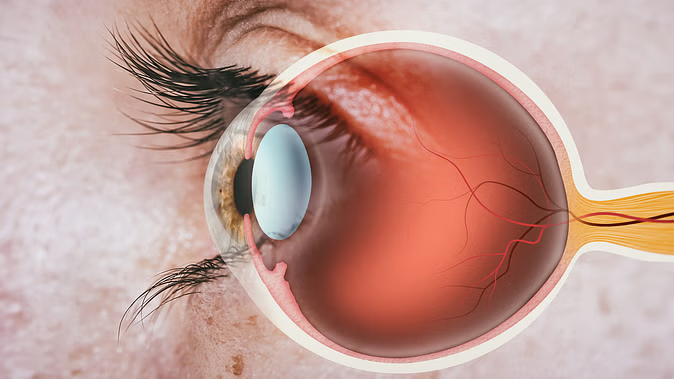The scientists who wrote the research paper told that their team had started their study to find the hidden organ in the jaw muscles written in historical texts. To do this, he cut the heads from the carcasses of 12 humans and preserved them in formaldehyde.

Scientists of London have discovered a new organ in the human body (Tiny New Organ Discovered in Human Body). No information had come to the fore about the new organ before. This part is found inside a deep layer of the masseter muscle of the jaw. The masseter muscle itself raises the lower part of the jaw. This organ plays an important role in chewing food.
The Modern Anatomy textbook describes only two layers of the masseter. It has a deep and superficial layer. Although some historical books also mention the possible existence of a third layer, the status of this newly discovered part is not correct.

The report related to this discovery was published on December 2 in the online edition of the science journal Annals of Anatomy. In this, the scientists who wrote the research paper told that their team had started their study to find the hidden organ in the jaw muscles written in historical texts. To do this, he cut the heads from the carcasses of 12 humans and preserved them in formaldehyde.
When scientists studied these ends, they got startling results. Scientists saw another part of the body away from the place written in ancient texts. According to the report, during this research, he also took CT scans of 16 fresh dead bodies and compared them with MRI scans from a living human.

Through these examinations, the scientists saw the third layer in the jaw muscles. Scientists told that this deep layer runs through the zygomatic process. This process makes the soft bones of the cheeks. It can be felt right in front of the ear.
Professor and Dr. Jens Christoph Turp from the Center of Dental Medicine at the University of Bossel said that although it is generally believed that physical research has left no stone unturned in the past 100 years, it can be considered the discovery of the century.











